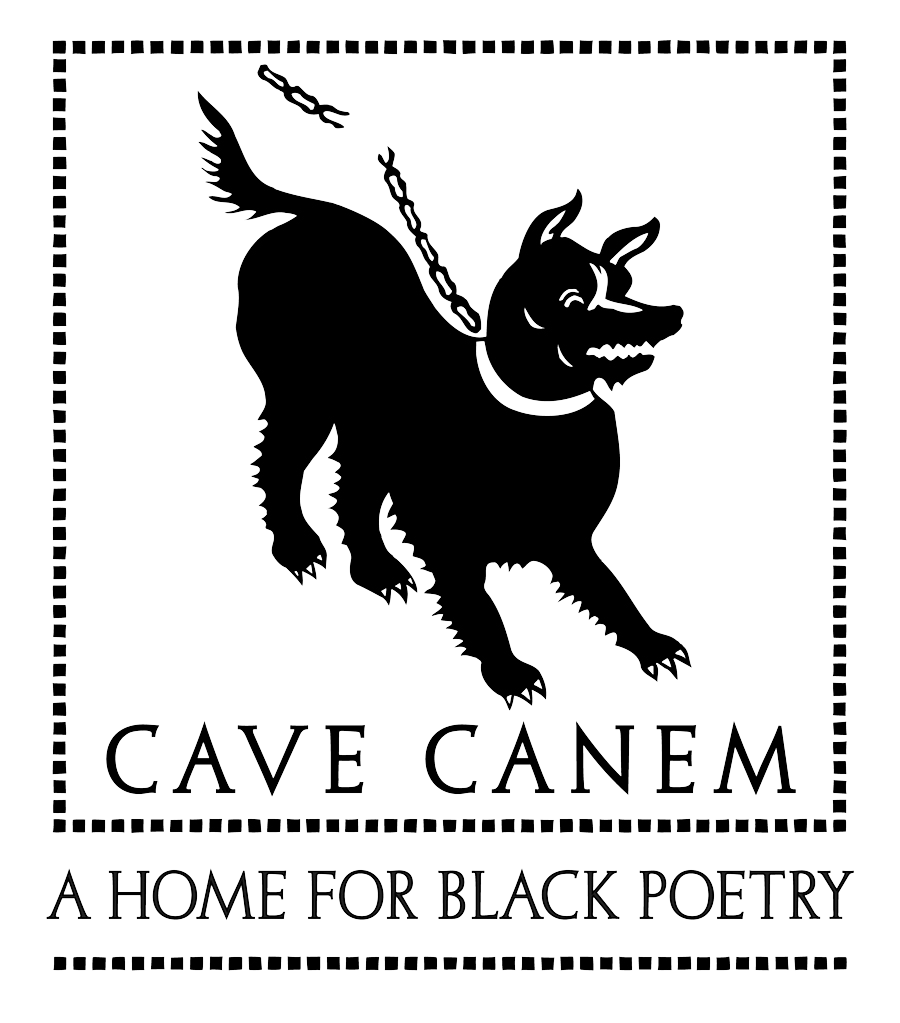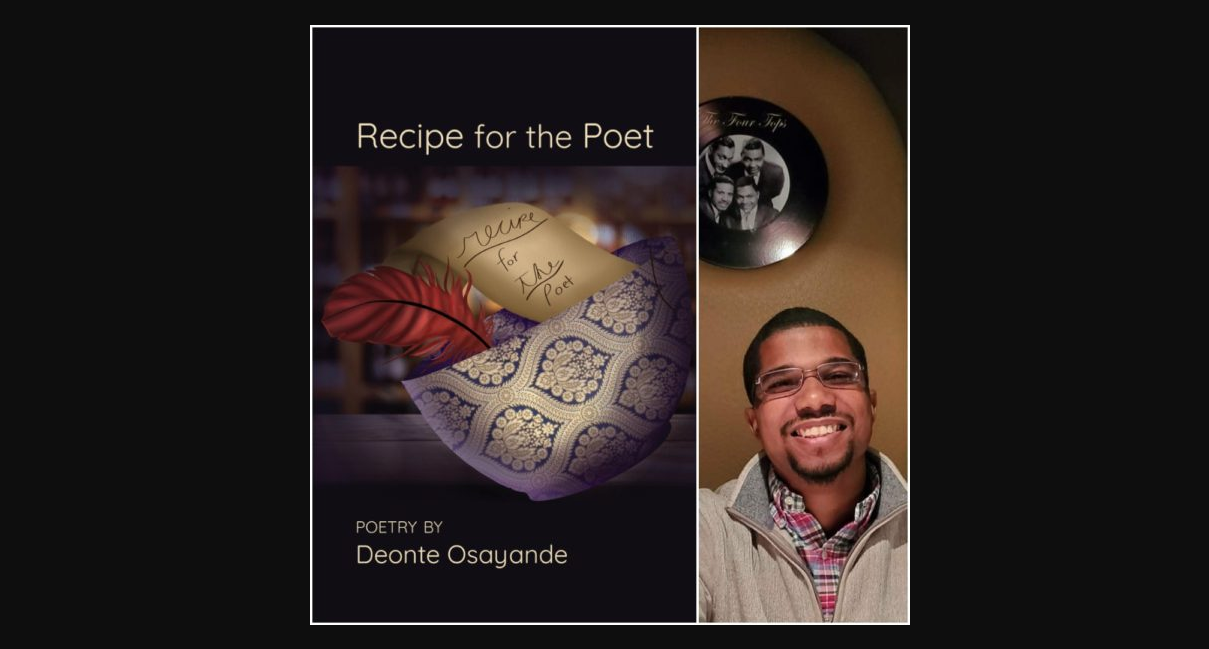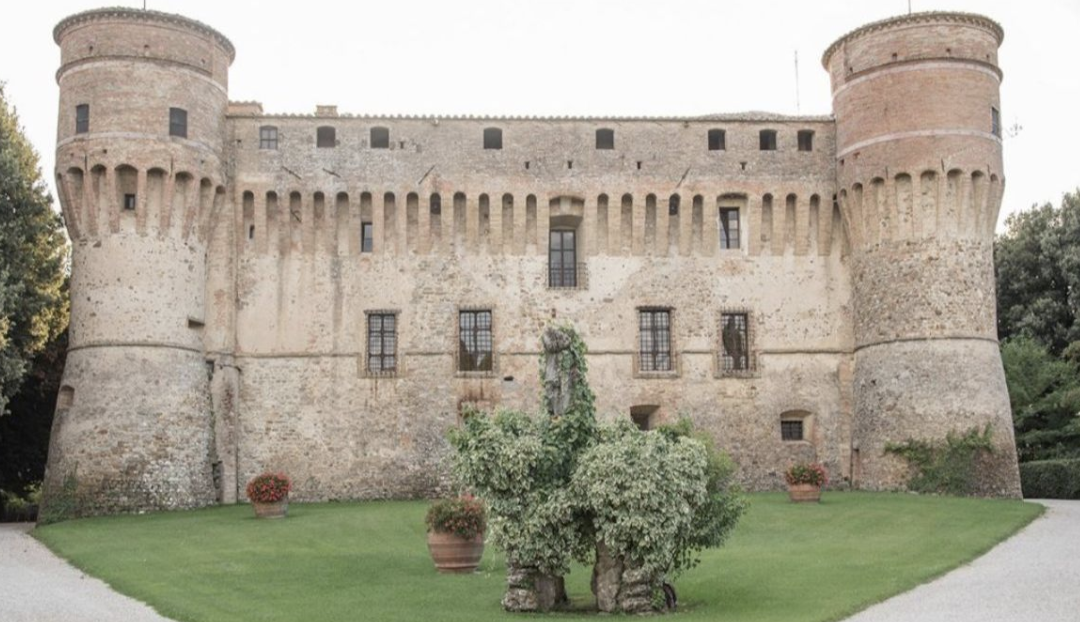Submissions are open for the Desperate Literature Short Fiction Prize. Honoring “well-crafted, boundary-pushing fiction,” the prize is designed to give winners “the most visibility possible for their writing.” Eleven stories will be shortlisted. One winner will receive €1,500 (approximately $1,777), a weeklong residency at the Civitella Ranieri Foundation’s castle in the Umbria region of Italy, and a consultation with literary agent Charlotte Seymour of Andrew Nurnberg Associates. Two runners-up will receive €750 (approximately $889) and a consultation. All shortlisted stories will be published in a collection to be distributed to agents in the U.S. and U.K., in addition to being published in one of nine partner journals. Additionally, all finalists will be invited to participate in salons—public health conditions permitting—in Madrid, London, and Edinburgh. One shortlisted writer will also receive a ten-day residency at the Writers’ House of Georgia, which includes a €400 (approximately $474) travel stipend and an invitation to read at the Tbilisi International Festival of Literature. If the festival is canceled due to the pandemic, the writer will still be able to complete the residency.
Using only the online submission system, submit a short story of up to 2,000 words with a €20 (approximately $24) entry fee by April 15. Up to four additional entries are permitted for €10 (approximately $12) per entry. Writers from underrepresented communities or who face financial hardship can apply for a sponsored or reduced fee entry until April 1. Ottessa Moshfegh, Derek Owusu, and Isabel Waidner will judge. Visit the website for complete guidelines.
Desperate Literature is a bookstore and community space in Madrid, Spain. It was jointly conceived by booksellers Terry Craven, Charlotte Delattre, Corey Eastwood, and Craig Walzer. The store “strives to be a space where good literature serves as a vehicle for dynamic cultural, linguistic and social exchange between Madrilenos, extranjeros and travelers from around the world.”
Photo: The Civitella Ranieri Foundation’s castle in Italy







